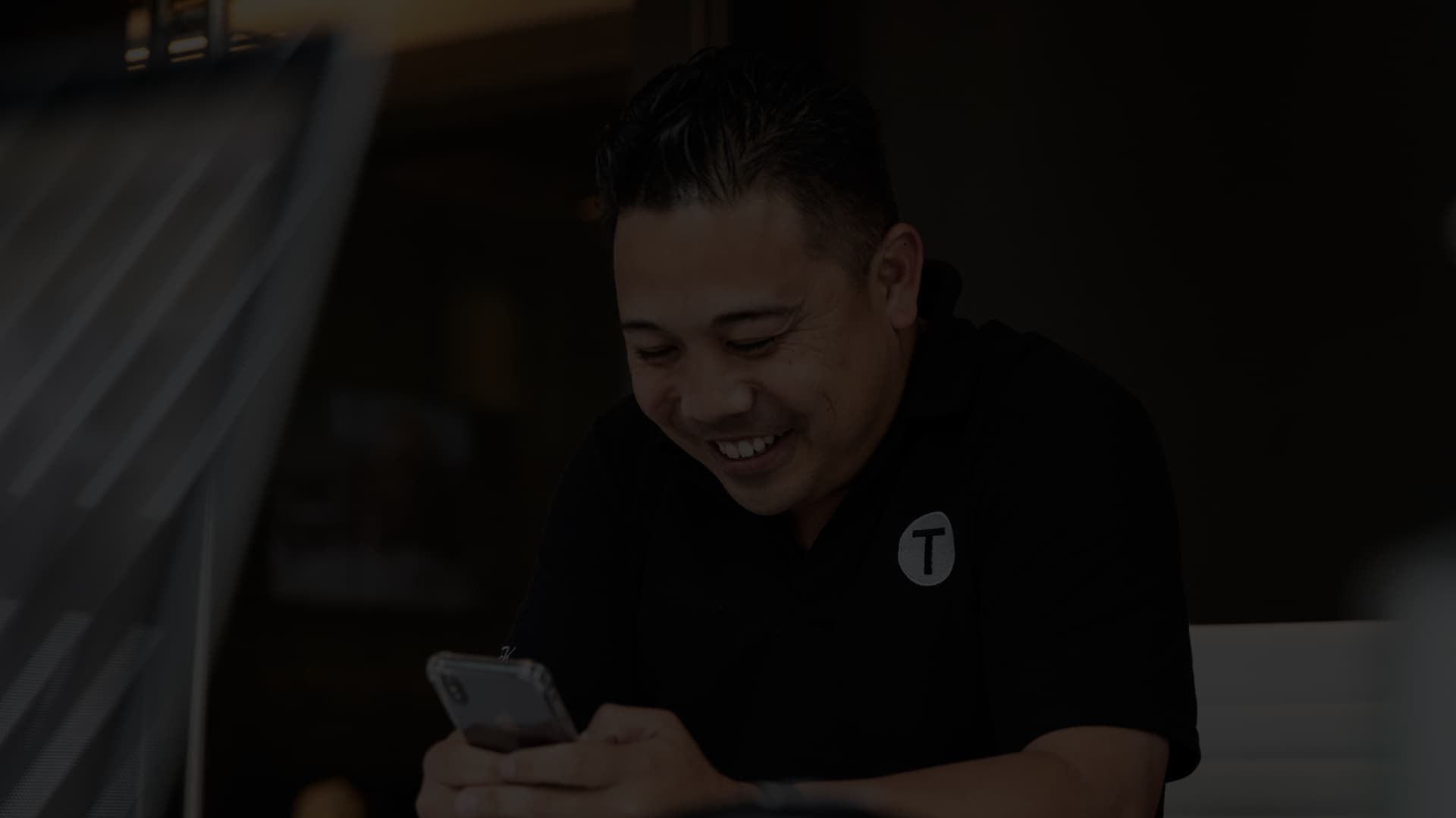
Creating Trust Through Education
Telehealth is not new to the healthcare industry. As more and more studies are conducted on telehealth, it’s been found that when patients are provided with virtual appointments, they’re not only more likely to keep their appointments but they’re also more likely to stay on course with their treatment plan, as their access to care increases.
Despite telehealth’s unique benefits, its adoption has yet to fully launch due in part to a lack of trust in the technology—according to a study conducted by TechnologyAdvice Research, about 75% of patients reported they either wouldn’t trust a diagnosis made via telemedicine or they would trust it less than a traditional doctor’s visit.
At TRAFFIK, we believe in better health outcomes for everyone. We work with our clients to create educational campaigns that engage patients, and instill the trust and comfort they desire, before adopting new technologies.
Telehealth—changing patient outcomes
According to a study published in Neurology, it was found that virtual visits between Parkinson’s patients and neurologists were as effective as in-person, office visits. The virtual visits also saved patients an average of 169 minutes in commute time and approximately 100 miles of driving. Because of the new convenience, patients were more likely to follow up with their doctors and remain on top of their treatment, reducing hospital readmission rates. The study not only validated telehealth’s value for those with Parkinson’s, but also for patients with other chronic diseases.
Bringing care to the underserved
For patients living in rural, remote or underserved areas where access to care is limited, telehealth has proven to be a remarkable tool. Through telehealth, patients are able to see their doctors on a regular basis—without having to leave the comfort of their own home—reducing the chance of their disease worsening.
Encouraging adoption
While there’s proof that telehealth is effective, patients still have many questions about the technology, including how it works and its effectiveness. Because telehealth is relatively new, some patients may be unaware of its services and need reminders about its availability. By partnering with TRAFFIK Health, we have expertise to not only make them aware of the services telehealth provides, but identify what resonates with your members, and provide the knowledge and confidence they need to embrace, and even become advocates of telehealth.




















